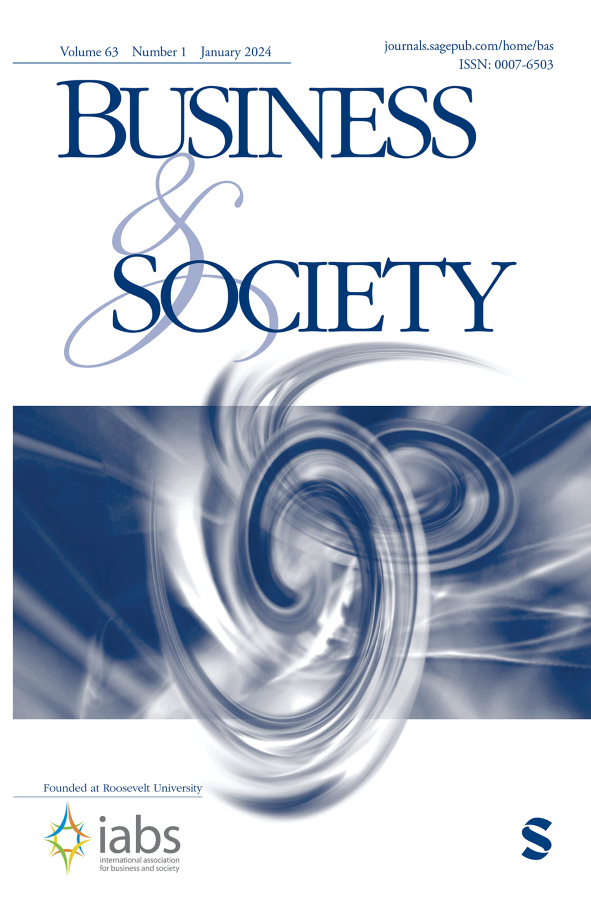揭开零售企业供应链劳动标准绩效的黑匣子:供应链劳工合规整合理论
IF 6
3区 管理学
Q1 BUSINESS
引用次数: 0
摘要
先前的研究表明,零售企业通过强制供应商遵守劳工标准来创建对社会负责的供应链的努力成效有限,部分原因是零售企业内部各自为政的职能部门对供应商提出了相互冲突的采购要求。我们认为,为了确保在整个供应链中实质性地采用劳工标准,零售企业必须提高 "供应链劳工合规整合 "的程度,最大限度地减少跨职能部门在人力资本、身份、流程和目标方面的紧张关系。我们定义了供应链劳工合规一体化,确定了其减少跨职能紧张关系的决定性组织实践,并解释了其改善零售企业供应链劳工标准绩效的机制。这项工作为零售企业管理社会责任供应链的能力提供了理论和实践上的启示,更广泛地说,它为系统地尽量减少因追求相互竞争的组织优先事项而产生的组织内部紧张关系如何成为在组织间业务交流中同时执行这些优先事项的先决条件提供了理论和实践上的启示。本文章由计算机程序翻译,如有差异,请以英文原文为准。
Unveiling the Black Box in Retail Firms’ Supply Chain Labor Standards Performance: A Theory of Supply Chain Labor Compliance Integration
Prior work shows limited success in retail firms’ efforts to create socially responsible supply chains by enforcing suppliers’ compliance with labor standards, partly due to conflicting sourcing demands exerted on the supplier by siloed functional units within the retail firm. To ensure the substantive adoption of labor standards throughout its supply chain, we argue that the retail firm must improve their degree of “supply chain labor compliance integration” by minimizing cross-functional tensions in human capital, identities, processes and goals. We define supply chain labor compliance integration, identify its determinant organizational practices that reduce cross-functional tensions, and explain the mechanisms by which it improves the retail firm’s supply chain labor standards performance. This work offers theoretical and practical insights on the retail firm’s capacity for managing socially responsible supply chains, and more broadly, on how systematically minimizing intra-organizational tensions arising in the pursuit of competing organizational priorities is a prerequisite for their simultaneous execution in inter-organizational business exchanges.
求助全文
通过发布文献求助,成功后即可免费获取论文全文。
去求助
来源期刊

Business & Society
BUSINESS-
CiteScore
14.80
自引率
11.40%
发文量
56
期刊介绍:
Business & Society publishes original research, book reviews, and dissertation abstracts relating to business ethics, business-government relations, corporate governance, corporate social performance, and environmental-management issues. Manuscripts relating to the field of business and society in general are also published. Submissions of theoretical/ conceptual work as well as empirical studies are encouraged. Business & Society is the first peer-reviewed scholarly publication devoted exclusively to the field of business and society, and it is the official journal of the International Association for Business and Society (I.A.B.S.), the only independent professional association dedicated to business and society teaching and research.
 求助内容:
求助内容: 应助结果提醒方式:
应助结果提醒方式:


